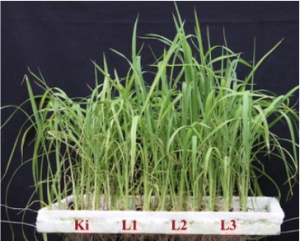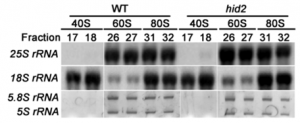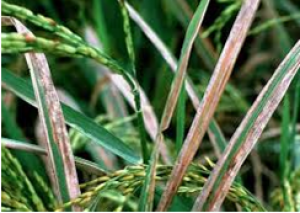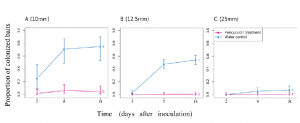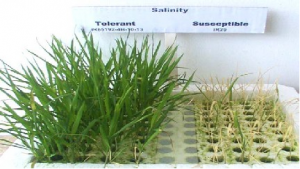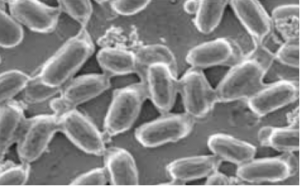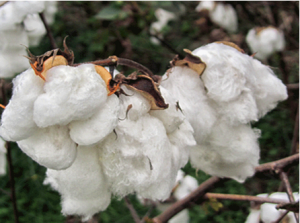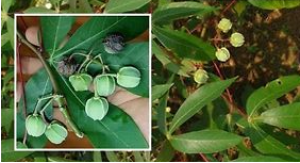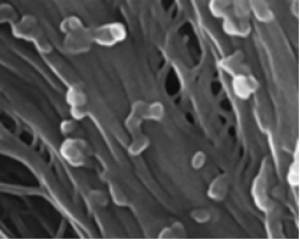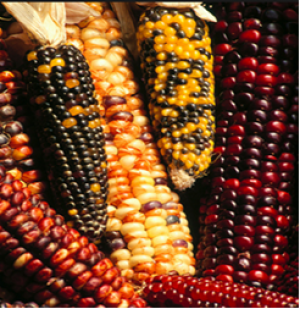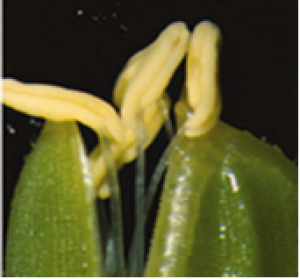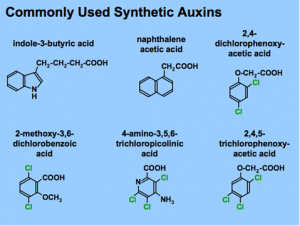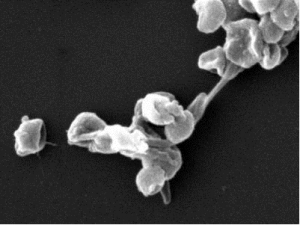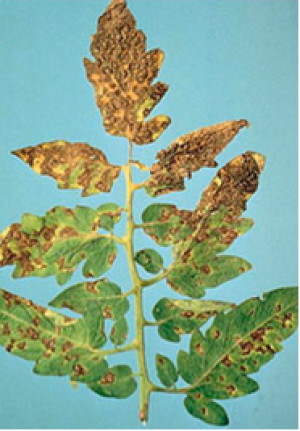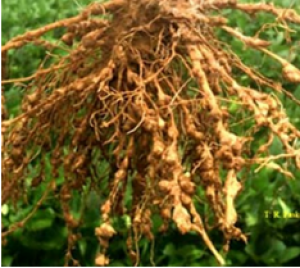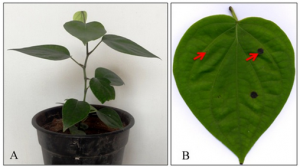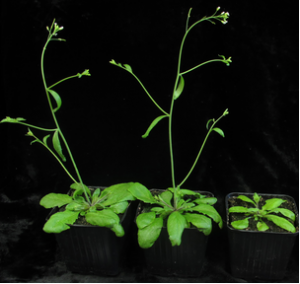(56).png)
Plant Biotechnology Journal 11 July 2017
Summary
Plant diseases are a serious threat to crop production. The informed use of naturally occurring disease resistance in plant breeding can greatly contribute to sustainably reduce yield losses caused by plant pathogens. The Ta-Lr34res gene encodes an ABC transporter protein and confers partial, durable, and broad spectrum resistance against several fungal pathogens in wheat. Transgenic barley lines expressing Ta-Lr34res showed enhanced resistance against powdery mildew and leaf rust of barley. While Ta-Lr34res is only active at adult stage in wheat, Ta-Lr34res was found to be highly expressed already at the seedling stage in transgenic barley resulting in severe negative effects on growth. Here, we expressed Ta-Lr34res under the control of the pathogen-inducible Hv-Ger4c promoter in barley. Sixteen independent barley transformants showed strong resistance against leaf rust and powdery mildew. Infection assays and growth parameter measurements were performed under standard glasshouse and near-field conditions using a convertible glasshouse. Two Hv-Ger4c::Ta-Lr34res transgenic events were analysed in detail. Plants of one transformation event had similar grain production compared to wild-type under glasshouse and near-field conditions. Our results showed that negative effects caused by constitutive high expression of Ta-Lr34res driven by the endogenous wheat promoter in barley can be eliminated by inducible expression without compromising disease resistance. These data demonstrate that Ta-Lr34res is agronomically useful in barley. We conclude that the generation of a large number of transformants in different barley cultivars followed by early field testing will allow identifying barley lines suitable for breeding.
See http://onlinelibrary.wiley.com/doi/10.1111/pbi.12765/full
(50).png)
Figure 3: Expression analysis of Ta-Lr34res. The second leaf of nineteen-day-old plants, 9 dpi rust (a) and powdery mildew (b), were harvested for RNA extraction and expression analysis by RT-qPCR. Bars show the relative Ta-Lr34res expression normalized to GAPDH as an average of 4–7 biological replicates. Basal expression level of line 8 was below detection level in the mildew experiment possibly due to different growth conditions between the rust and mildew infection experiment. SIB represents the average of all azygous sister lines representing the negative control. Error bars represent standard errors. Statistical analysis was performed on log10-transformed expression values using the all pairs Tukey–Kramer HSD test. Levels not connected by the same letter are significantly different (P-value: <0.001).
|
[ Other News ]___________________________________________________
|


 Curently online :
Curently online :
 Total visitors :
Total visitors :
(56).png)
(50).png)
